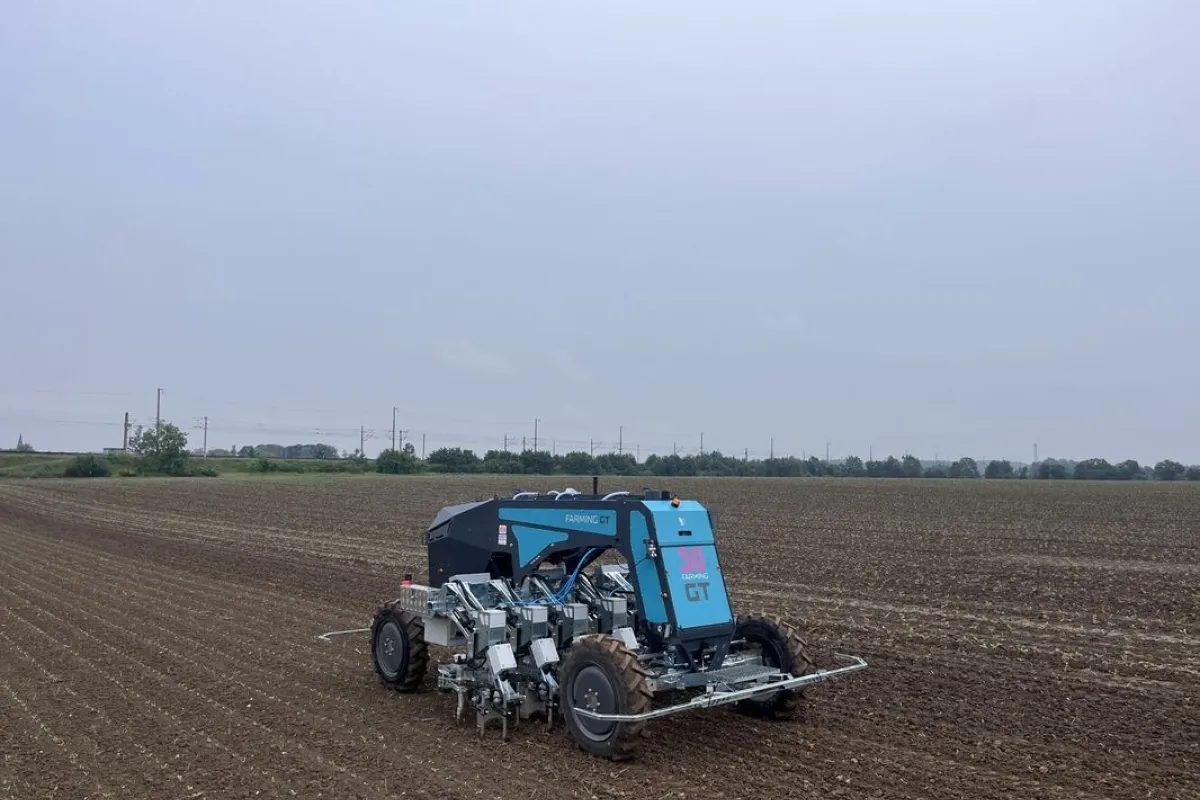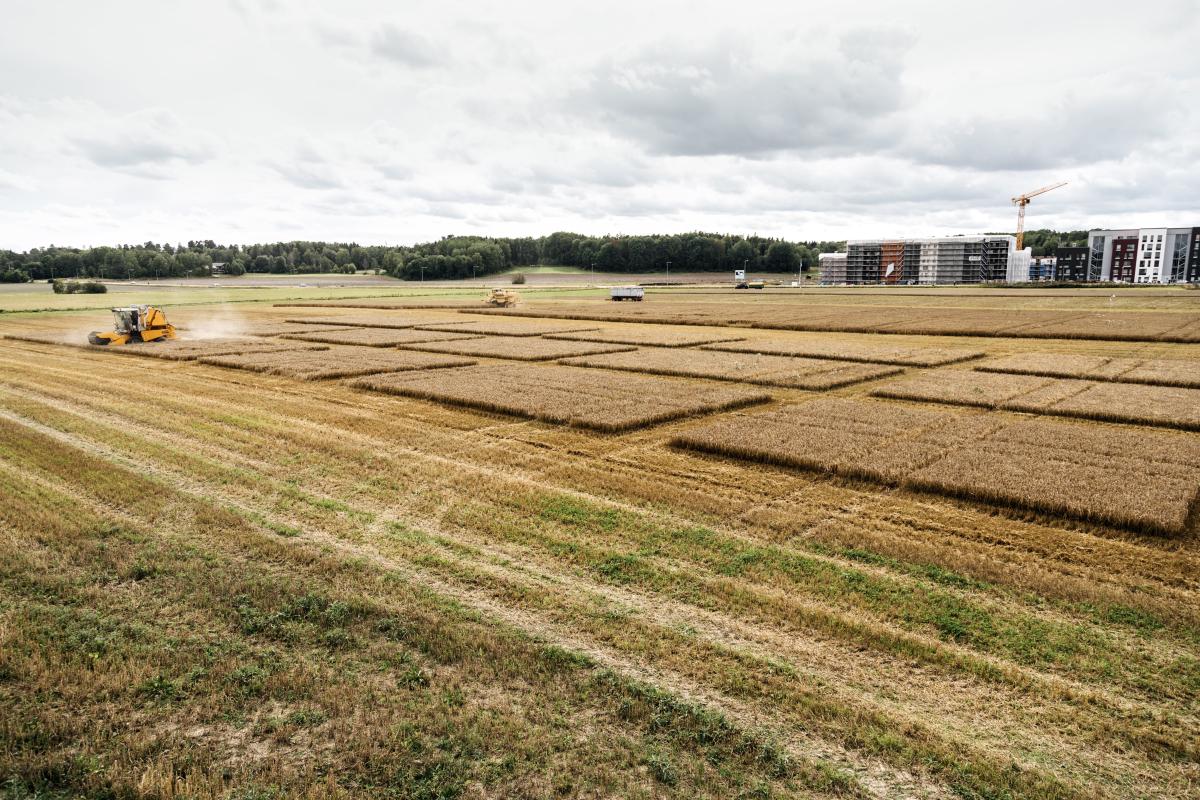
Overview
By having your AI or robotic system tested by LNE, you ensure it meets the highest standards of safety and performance, boosting your product’s reliability and trustworthiness in the market. Partnering with LNE for rigorous testing of your robotic and AI technologies gives you a competitive edge and trusted third-party assessment that enhances your product credibility and opens doors to new market opportunities both locally and globally. This service provides testing of devices with AI-integrated control systems, focusing on energy efficiency and consumption during the product life cycle. By simulating a wide range of scenarios, we provide detailed insights into the energy performance of these AI systems with regard to their expected operational environment. These tests can be conducted under different conditions, either in a completely simulated way, through a hybrid test bench where the actual physical device is assessed within a simulated environment, or using physical infrastructures based on the device's operational environment to test it in a 'real' setting. Tests are conducted under controlled laboratory conditions, ensuring optimal reproducibility and repeatability, providing reliable insights into the system's efficiency and safety-critical functionalities. Typical assessments may cover the energy efficiency of SLAM, various types of end effectors, and other relevant components such as sensors, motors or AI software. This rigorous testing process helps identify potential areas for improvement, enabling companies to enhance the efficiency and sustainability of their products, ultimately leading to cost savings and reduced environmental impact.
More about the service
Energy Efficiency Optimisation: Agricultural robots often operate in remote or large-scale environments, where energy efficiency is critical.
LNE's testing services help companies evaluate and optimise the energy consumption of their robots, extending operational time and reducing the need for frequent recharging or fuel consumption.
Cost Savings: By improving energy efficiency, companies can reduce operational costs, as energy-efficient robots consume less power while maintaining high performance. This is particularly valuable for large agricultural operations where robots must cover significant distances or run for extended periods.
Sustainability: As the agricultural sector increasingly adopts sustainable practices, energy-efficient robots align with environmental goals by lowering carbon footprints. LNE's testing can help companies evaluate their carbon footprint, giving them a competitive advantage in the growing market for sustainable technologies.
Market Advantage: By certifying energy efficiency with LNE’s comprehensive testing, companies can provide concrete proof to customers that their robots are both cost-effective and environmentally responsible, improving their marketability and trustworthiness in the ag-tech industry.
This enables agricultural robotics companies to improve product reliability, reduce energy costs, and adapt to global sustainability trends.


